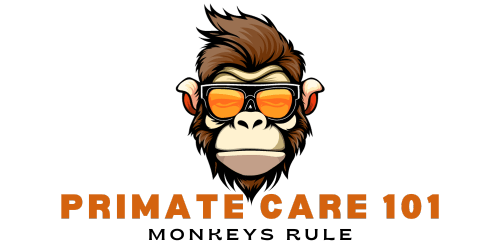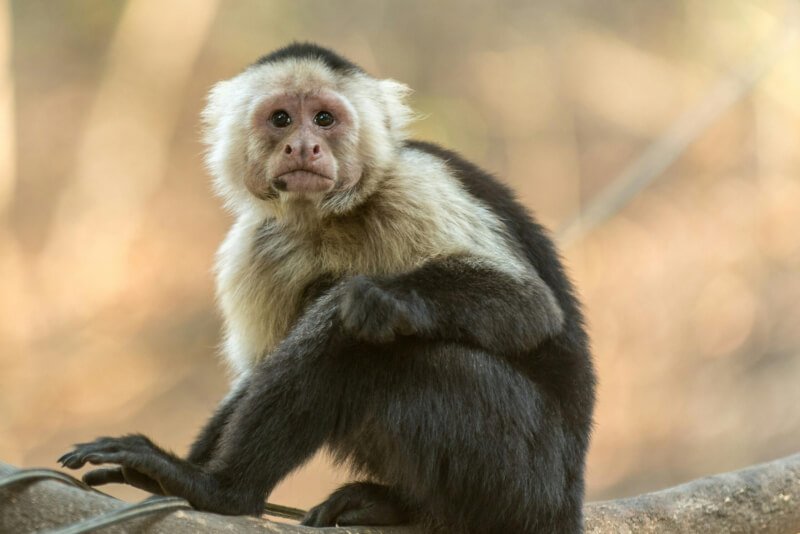Have you ever fantasized about having a pet monkey? It’s undeniable that these mischievous creatures can capture our hearts with their adorable antics. However, before you embark on the adventure of owning one, it’s crucial to understand the responsibilities that come with this unique and unconventional pet choice. From providing a suitable environment to ensuring their physical and emotional wellbeing, owning a pet monkey requires a great deal of commitment and understanding. In this article, we will explore the essential responsibilities of owning a pet monkey, shedding light on the care, attention, and dedication needed to provide them with a happy and fulfilling life.
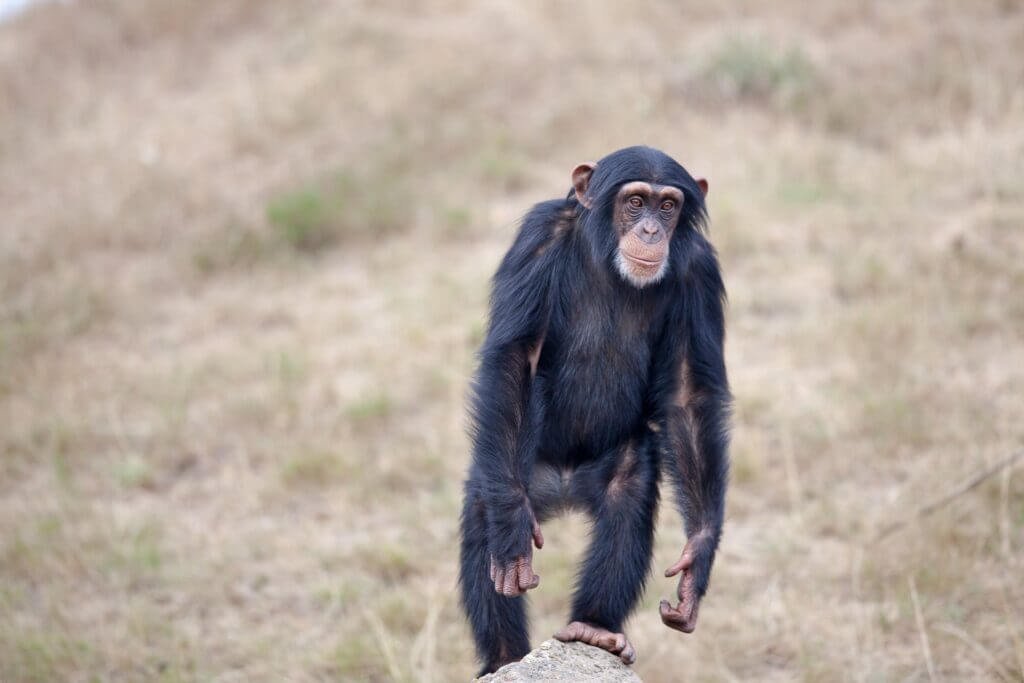
Legal Requirements for Owning a Pet Monkey
Understanding the Laws and Regulations
Before welcoming a pet monkey into your home, it is essential to have a clear understanding of the laws and regulations surrounding their ownership. Since monkeys are considered exotic animals, many countries and states have specific laws in place to ensure their welfare and prevent the illegal pet trade. Research the laws in your area to determine if you are legally allowed to own a monkey as a pet.
Acquiring the Necessary Permits
In addition to understanding the laws, you may also need to obtain permits or licenses to legally own a pet monkey. The requirements for permits can vary greatly from one jurisdiction to another, so it is crucial to consult with local authorities or animal welfare agencies to determine the specific permits needed. Be prepared to provide documentation, such as proof of secure enclosure and adequate knowledge of monkey care, before obtaining the necessary permits.
Complying with Import and Export Regulations
If you are considering acquiring a pet monkey from a different country or state, it is vital to understand the import and export regulations associated with bringing the monkey into your area. This may involve obtaining additional permits specific to the transportation of exotic animals or adhering to quarantine periods to ensure the health and safety of both the monkey and the local wildlife population.
Providing Proper Enclosure for Your Pet Monkey
Choosing the Right Size and Type of Enclosure
Creating a safe and suitable enclosure is of utmost importance when owning a pet monkey. Monkeys are highly active and curious creatures, requiring ample space to roam and explore. When choosing the enclosure, consider the size and type of monkey you have, as different species have varying needs. Provide a spacious enclosure with climbing structures and perches to mimic their natural habitat.
Ensuring Safety and Security
When designing the enclosure, prioritize safety and security to prevent escape and injury. Monkeys are intelligent and agile animals, capable of finding creative ways to overcome barriers. Use sturdy materials, such as strong wire mesh or solid fencing, to ensure that the enclosure is escape-proof. Regularly inspect and reinforce the enclosure to ensure it remains secure over time.
Providing Enrichment and Stimulation
Monkeys are highly social and intelligent animals that require mental stimulation and enrichment to thrive. Incorporate various toys, puzzles, and foraging activities into their enclosures to keep them mentally engaged and prevent boredom. Additionally, consider providing hiding spots, branches for climbing, and swings for physical exercise, as these activities are essential for their overall well-being.
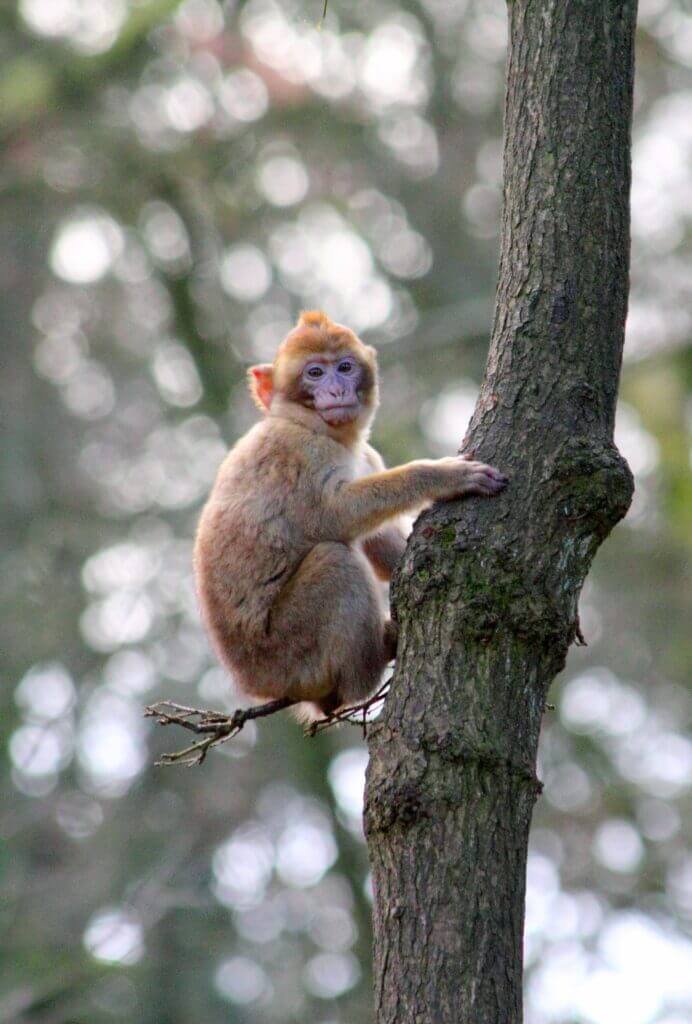
Feeding and Nutrition for Your Pet Monkey
Researching the Monkey’s Dietary Requirements
Each monkey species has specific dietary requirements that must be met to ensure their health and well-being. Research the dietary needs of your specific monkey species, including their preference for fresh fruits, vegetables, nuts, and protein sources. Seek advice from primate experts, veterinarians, or reputable breeders to ensure you are providing a balanced and appropriate diet.
Creating a Balanced Diet
A balanced diet is crucial for your pet monkey’s long-term health. Mix a variety of fruits, vegetables, and nuts to mimic their natural foraging behavior. Include a good source of high-quality protein, such as cooked poultry or scrambled eggs, and ensure they have access to fresh water at all times. Avoid feeding them foods that are toxic to monkeys, such as chocolate, caffeine, and alcohol.
Consulting with a Veterinarian
Regular veterinary check-ups are essential for maintaining your pet monkey’s health. Consult with a veterinarian experienced in primate care to establish a comprehensive healthcare plan for your monkey. They can provide guidance on dietary needs, vaccination schedules, and potential health issues to watch out for. In the event of any health concerns, contact your veterinarian immediately for appropriate diagnosis and treatment.
Monkey-Proofing Your Home
Identifying Potential Hazards and Dangers
Before bringing a pet monkey into your home, it is crucial to identify and mitigate potential hazards that could pose a threat to their safety. Look around your home for items that could be dangerous if ingested, such as toxic plants, cleaning chemicals, or small objects that could be choking hazards. Additionally, secure loose wires, cover electrical outlets, and protect valuable or breakable items to prevent accidents or damage.
Securing Electrical and Appliance Cords
Monkeys are naturally curious and may be attracted to electrical cords and appliances. To prevent them from chewing on cords and potentially injuring themselves, secure all electrical and appliance cords out of their reach. Consider using cord protectors or covering cords with hard plastic tubing to discourage their exploration.
Keeping Toxic Substances Out of Reach
Monkeys, like other pets, are prone to investigate their surroundings using their mouths. It is crucial to ensure that all toxic substances, including cleaning products, medications, and household chemicals, are stored securely and out of reach. Be aware of potential dangers in your home and take necessary precautions to keep your pet monkey safe from accidental poisoning.
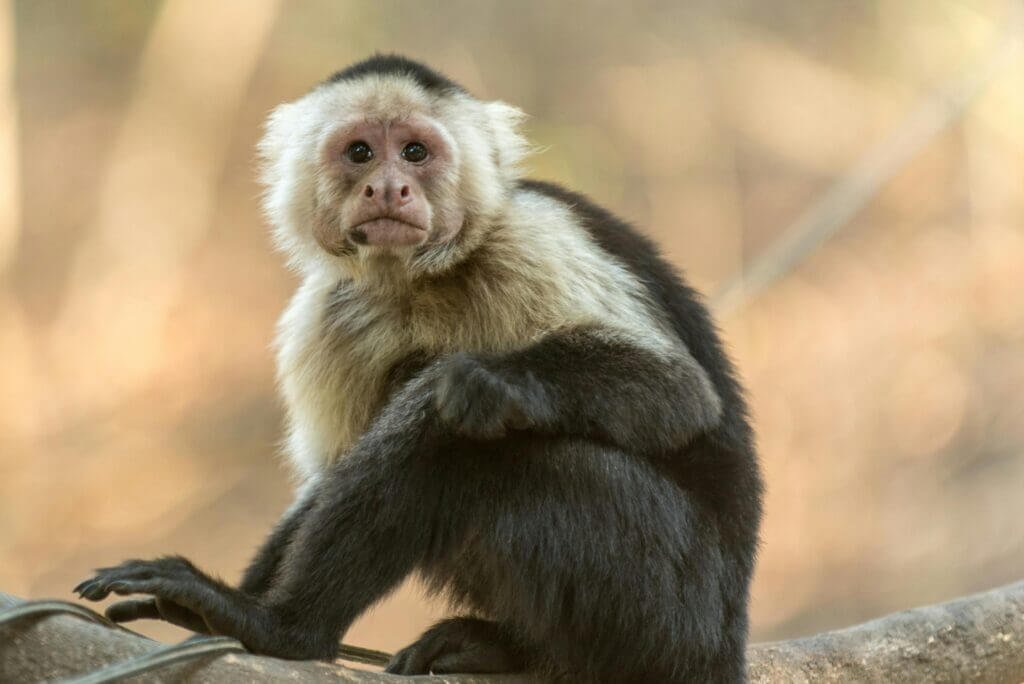
Socialization and Enrichment Activities for Your Pet Monkey
Playing and Interacting with Your Monkey
Socialization and interaction are crucial for a pet monkey’s mental and emotional well-being. Spend quality time with your monkey, engaging in interactive play and providing plenty of physical affection. Monkeys are highly intelligent and can learn basic commands or tricks, which can further strengthen your bond and stimulate their minds.
Providing Toys and Entertainment
To prevent boredom and encourage natural behaviors, provide a variety of toys and entertainment options for your pet monkey. Puzzle toys, foraging toys, and toys that encourage problem-solving can keep them mentally stimulated and engaged. Rotate toys regularly to maintain their interest and prevent them from becoming bored with their environment.
Introducing Your Monkey to Other Animals
If you have other pets in your home, it is essential to introduce them to your new pet monkey gradually and under supervised conditions. Some animals may not be compatible with monkeys, and it is crucial to ensure the safety of all animals involved. Monitor their interactions carefully and consult with a professional if you have any concerns about their compatibility.
Healthcare and Veterinary Care for Your Pet Monkey
Finding a Suitable Veterinarian
Finding a veterinarian experienced in primate care is essential for your pet monkey’s health. Research and seek recommendations for veterinarians who specialize in exotic animal care, particularly monkeys. They will have the expertise required to provide comprehensive healthcare, including regular check-ups, vaccinations, and treatment for any health issues that may arise.
Scheduling Regular Check-ups and Vaccinations
To maintain the well-being of your pet monkey, schedule regular check-ups with your veterinarian. These routine visits allow for early detection of any potential health concerns and ensure your monkey remains up-to-date on vaccinations. Follow the veterinarian’s recommended vaccination schedule and discuss any specific health concerns or dietary adjustments during these appointments.
Recognizing and Addressing Common Health Issues
Just like any other pet, monkeys can experience common health issues, such as respiratory infections, dental problems, or parasites. Educate yourself about the signs of illness that may indicate a potential health issue and be observant of any changes in behavior or appetite. If you suspect that your monkey is unwell, contact your veterinarian promptly for proper diagnosis and treatment.
Training and Behavioral Management for Your Pet Monkey
Establishing a Routine and Boundaries
Establishing a consistent routine and setting clear boundaries is essential when training and managing the behavior of your pet monkey. Monkeys thrive in an environment with structure and predictability. Establish a daily schedule for feeding, playtime, and sleep to help them feel secure and reduce the likelihood of behavior problems.
Using Positive Reinforcement Techniques
Positive reinforcement training is a highly effective method for teaching desirable behaviors and discouraging unwanted behaviors in monkeys. Reward your monkey with praise, treats, or favorite toys when they exhibit desired behavior. Use gentle redirection and ignore or redirect unwanted behavior to discourage negative actions. Consistency and patience are key when training a pet monkey.
Managing Aggression and Problem Behaviors
Monkeys, like any other pets, may display occasional aggression or problem behaviors. It is crucial to understand the root causes of these behaviors and address them appropriately. Seek professional advice from an animal behaviorist or a primate expert if you encounter significant behavioral challenges. They can provide guidance on mitigating aggression and modifying problem behaviors using positive reinforcement techniques.
Financial Responsibilities of Owning a Pet Monkey
Budgeting for Initial Set-up Costs
Owning a pet monkey comes with financial responsibilities that extend beyond their daily care. Initially, you will need to budget for the costs of a suitable enclosure, climbing structures, toys, and other necessary supplies. Research the average costs of these items and plan your budget accordingly to ensure you can provide a safe and enriching environment for your pet monkey.
Estimating Annual Expenses
In addition to the initial set-up costs, it is important to consider the ongoing expenses associated with owning a pet monkey. This includes the costs of high-quality primate-specific food, regular veterinary check-ups, vaccinations, and any unforeseen medical expenses. Estimates for these annual expenses will vary depending on the size and specific needs of your monkey, so ensure you have a realistic budget in place to provide for their long-term care.
Considering Long-term Care
Monkeys can live for several decades, and it is essential to consider the long-term care and financial commitment involved in their ownership. Before bringing a monkey into your home, evaluate your ability to provide for their needs throughout their entire lifespan. Consider factors such as changes in your lifestyle, living situation, and potential future expenses to ensure you can commit to their well-being for the long term.
Educating Yourself about Monkey Care
Researching Monkey Species and Behavior
Becoming knowledgeable about your pet monkey’s species and behavior is crucial for their proper care. Research their natural habitat, dietary needs, social structure, and behavioral tendencies. Understanding their natural instincts and behaviors will allow you to create an environment and routine that supports their physical and mental well-being.
Joining Monkey Owner Communities
Connecting with other monkey owners through online communities or local primate organizations can provide valuable support and knowledge. These communities can offer advice, share experiences, and provide resources for proper monkey care. Building relationships with experienced monkey owners can be beneficial, especially for first-time owners who may have questions or need guidance along the way.
Attending Workshops or Seminars
Attending workshops or seminars on monkey care can further deepen your understanding and knowledge of proper monkey care. These educational events often feature experts in primate care who can provide valuable insights and practical tips. Look for events or programs organized by reputable primate organizations or animal welfare groups to ensure the information you receive is accurate and up-to-date.
Considering the Ethical Implications of Owning a Pet Monkey
Understanding the Impact on Wildlife
Owning a pet monkey raises ethical considerations regarding the impact on wildlife populations. Monkeys are often sourced from the illegal pet trade or from unsustainable captive-breeding practices. By engaging in responsible ownership and supporting reputable breeders or rescue organizations, you can help reduce the demand for wild-caught monkeys and support efforts to protect their natural habitats.
Considering the Monkey’s Natural Habitat and Needs
Monkeys are highly intelligent and social animals that have evolved to live in complex natural environments. It is important to consider whether your home environment can adequately meet their inherent physical and social needs. Providing appropriate enrichment, socialization, and a safe living space that closely mimics their natural habitat is crucial for their overall well-being.
Supporting Conservation Efforts
If you are passionate about monkeys and their conservation, consider supporting reputable conservation organizations that work to protect these animals and their habitats. By contributing to conservation efforts, you can help ensure the long-term survival and well-being of monkeys in the wild. Supporting the conservation of their natural habitats is vital for the future of these incredible creatures.
In conclusion, owning a pet monkey comes with a host of responsibilities, both legally and ethically. Understanding the laws, acquiring the necessary permits, and complying with import and export regulations are fundamental to responsible ownership. Providing proper enclosure, meeting dietary requirements, and ensuring a safe environment are critical for the physical and mental well-being of your pet monkey. Regular veterinary care, training, and addressing behavioral concerns are paramount for their health and happiness. Additionally, the financial aspects of ownership and educating yourself about monkey care are essential for their long-term welfare. Lastly, considering the ethical implications and supporting conservation efforts are integral in being a responsible pet monkey owner. With proper knowledge, commitment, and care, you can provide a fulfilling and enriching life for your pet monkey while respecting their natural needs and habitats.
